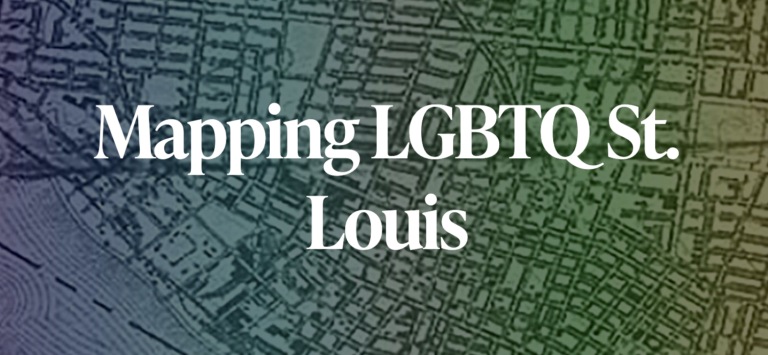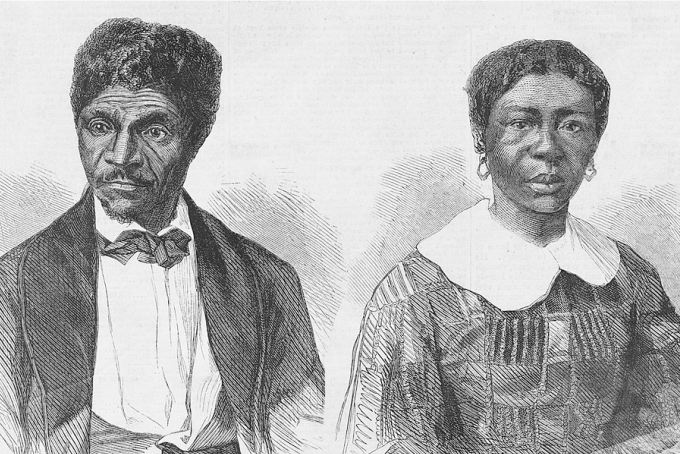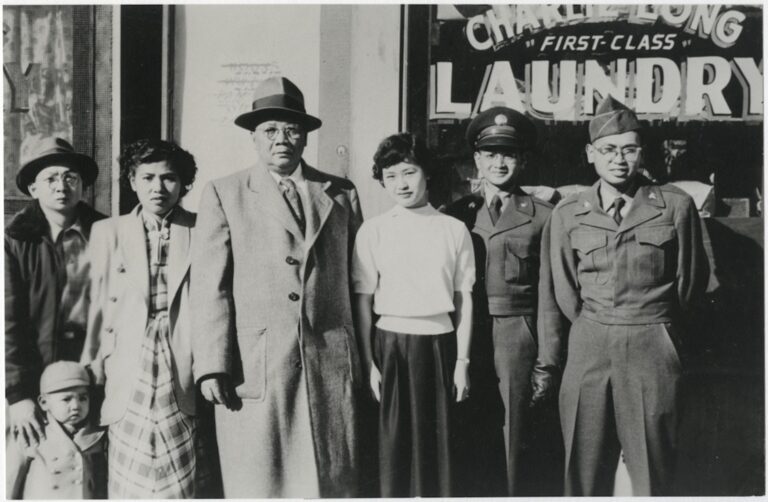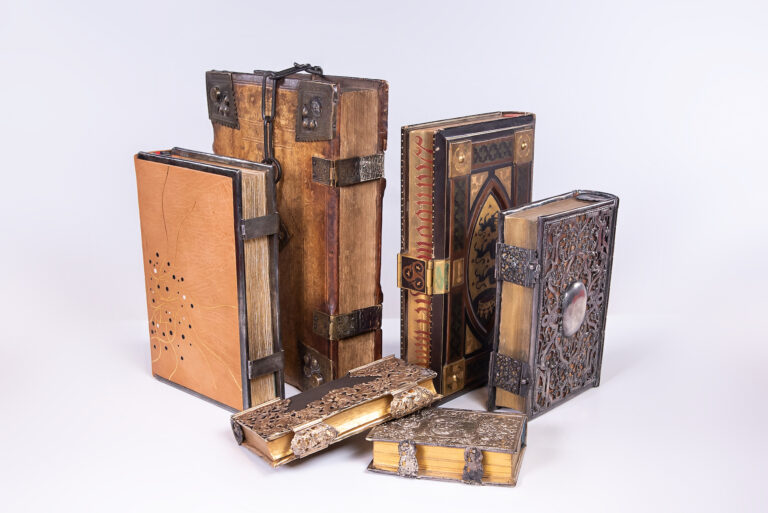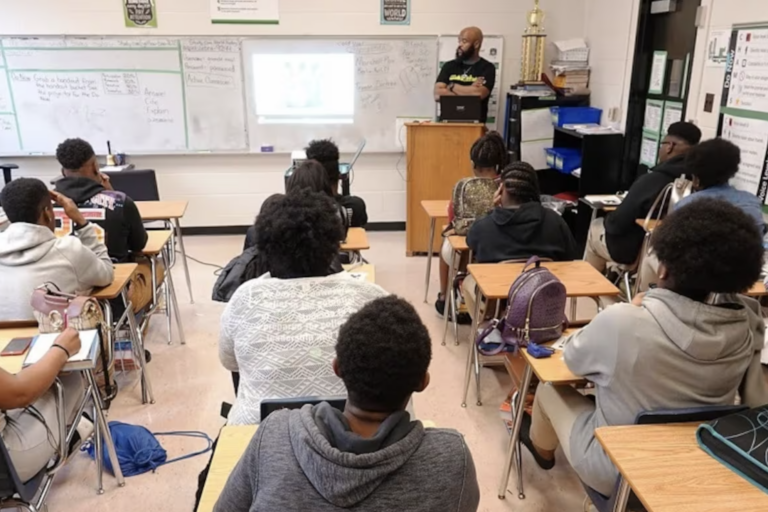Mapping LGBTQ St. Louis
This digital collection from University Libraries uses maps to explore the region’s LGBTQ communities from the end of World War II in 1945 through the passage of St. Louis’ first gay and lesbian-inclusive civil rights ordinance in 1992. The project aims to document the history of a people whose sexual and gender nonconformity has often meant that their stories have gone unheard, unrecorded, un-archived, and unremarked upon.
WashU & Slavery Project
Washington University Libraries created exhibits in conjunction with a series of related events focusing on the history of slavery and the stories of enslaved individuals in St. Louis. The Slavery in St. Louis exhibition and the Archives of Resistance Event Series highlight primary source documents from the Julian Edison Department of Special Collections at University Libraries. A related display of Black Numismatics will be on display in the exhibition Coins Across Time: Ancient to American Numismatics. The exhibit and events arise from the WashU & Saver Project’s efforts to examine and address WashU’s historical entanglements with slavery, which include foundational research with contextualization of relevant collections in the library archives.
Asia in St. Louis
Revisit and reconstruct the history of Asian Americans in St. Louis utilizing an intuitive digital humanities tool, ArcGIS StoryMap. The story map, called Asia in Saint Louis, comprises images, interactive maps, narratives, and interview videos, and is conceptualized and structured around the four themes/sections: Historical traces, early Chinese Americans, early Japanese Americans, and Asian American civil rights. The story map will use primary sources from four local historical societies and archives: Washington University Libraries Special Collections, Missouri Historical Society, State Historical Society of Missouri-Saint Louis, and National Archives in Kansas City.
Research and Exhibits from University Libraries
The Washington University Libraries are a network of academic resources featuring nine libraries (seven locations on the Danforth Campus, one at West Campus, and one at the Medical School); vast print and electronic collections; and expert librarians whose first priority is helping students and faculty find the information they need. Libraries and exhibits are open to the public.
AFAS Summer Institute for High School Teachers
This eight day Summer Institute at WashU is for St. Louis metropolitan region high school teachers who either incorporate aspects of Black culture, history, and literature in their courses or teach at a school that offers or plans to offer the AP/African American Studies course. The Institute centers St. Louis as the focal point for various themes and topics related to African & African American Studies.
